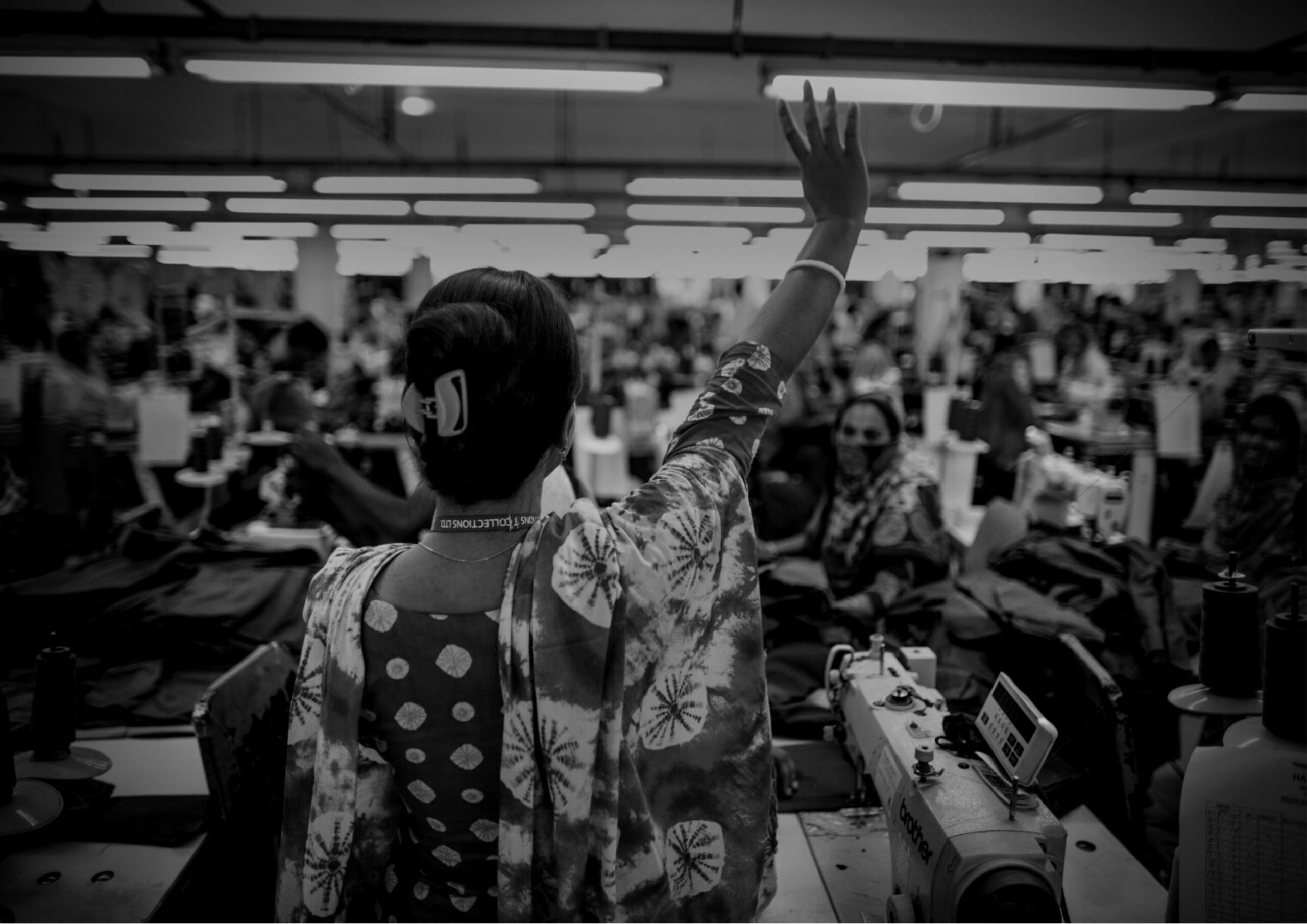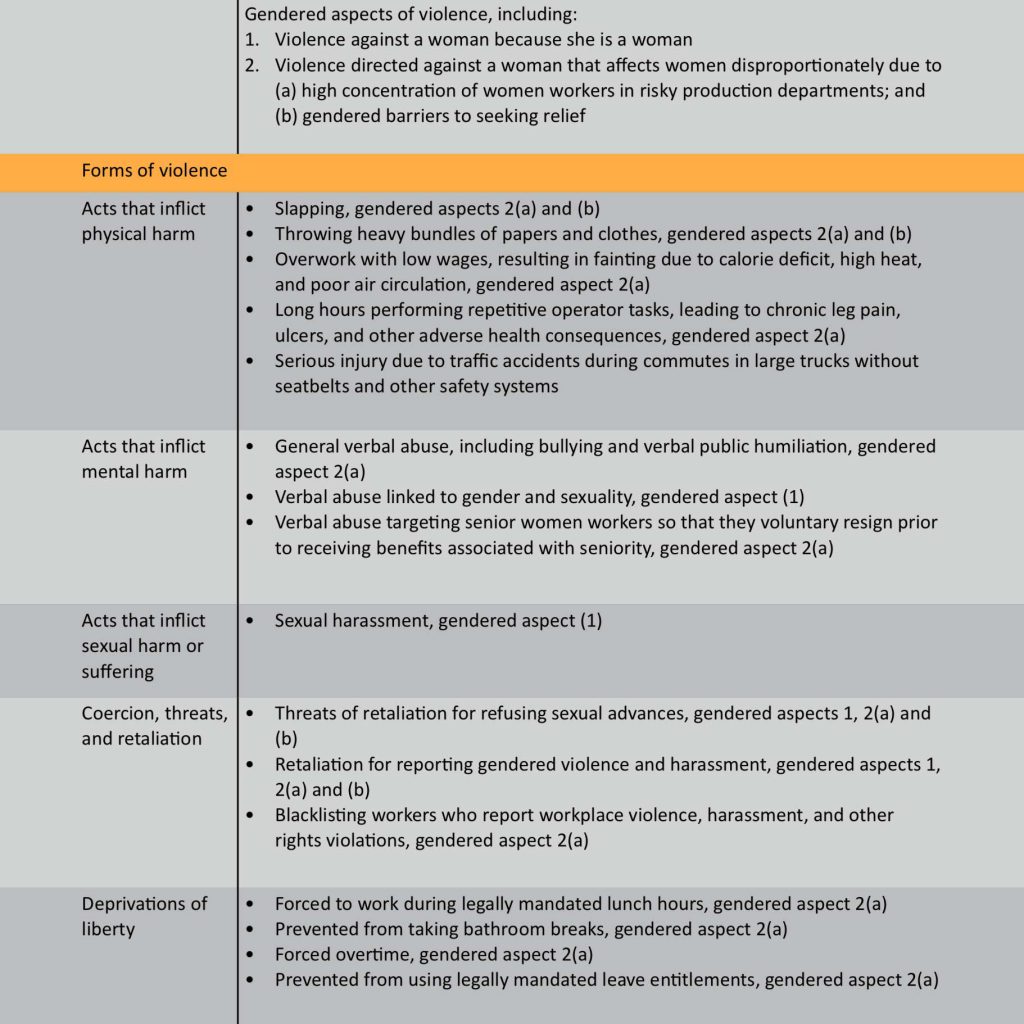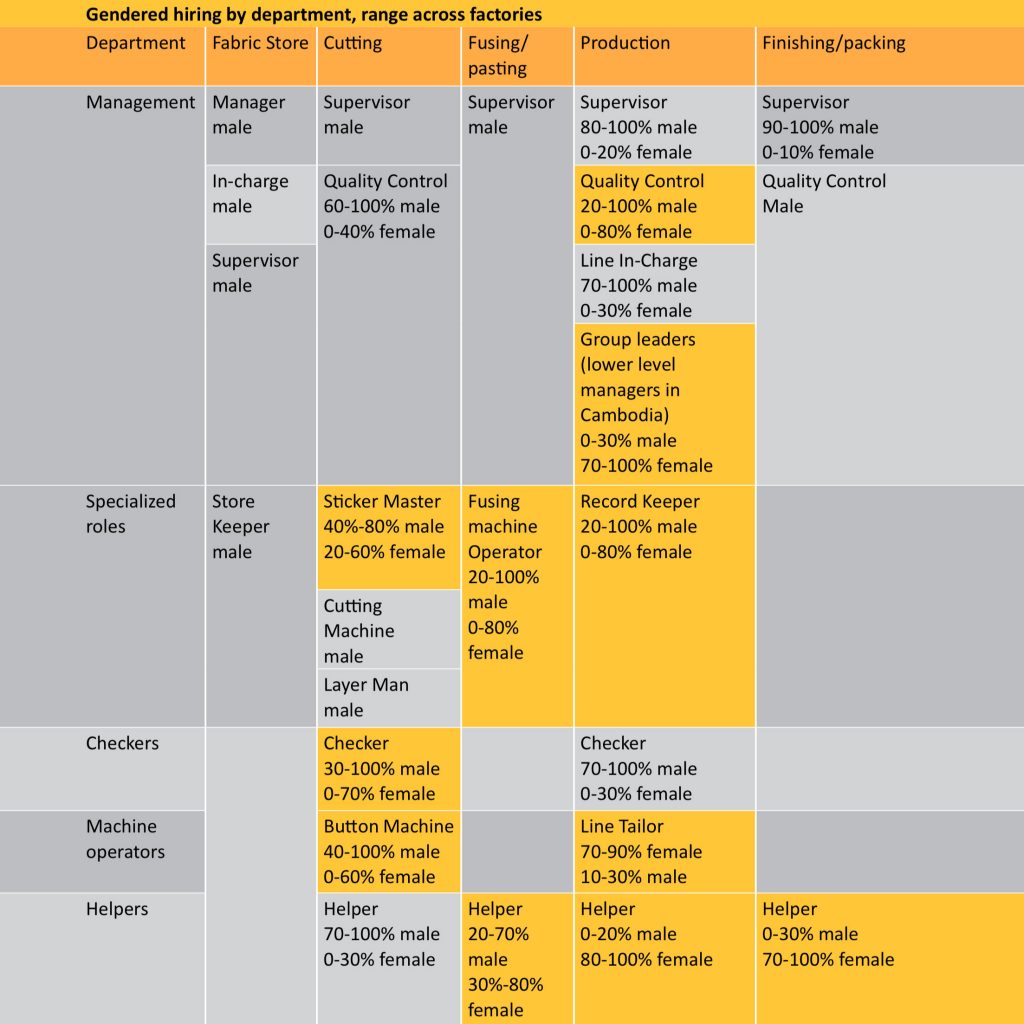
Gender based violence in the Walmart garment supply chains is about the way that Walmart does business.
On May 28th, 2018 a global coalition of trade unions, worker rights and human rights organizations, which includes Asia Floor Wage Alliance, CENTRAL Cambodia, and Global Labor Justice released new factory level research detailing gender based violence in Walmart’s Asian garment supply chain. The coalition asks for immediate action by Walmart.
For women garment workers, violence and harassment isn’t limited to violence that takes place in physical workplaces, but also during commutes and in employer provided housing. Women garment workers in Walmart supply chains in Bangladesh and Cambodia reported acts of violence that include acts that inflicted sexual harm and suffering; physical violence, verbal abuse, coercion, threats and retaliation, and routine deprivations of liberty including forced overtime.
These are not isolated incidents. Rather, they reflect a convergence of risk factors for gender based violence in Walmart supplier factories that leave women garment workers systematically exposed to violence. Risk factors for violence documented in the Walmart garment supply chain, include: use of short term contracts, production targets, industrial discipline practices, wage related rights abuses, excessive working hours, and unsafe workplaces.
Barriers to accountability include: unauthorized subcontracting, denial of freedom of association, failure to require independent monitoring, and gendered cultures of impunity among perpetrators of violence and prevent women from seeking accountability and relief.
From 2018-2019, the International Labour Organization (ILO) is convening to set the first international labor standards on violence and harassment in the world of work, including gender based violence. Trade union leaders from around the world along with governments and business will meet to discuss the historic opportunity to create a global standard protecting women across sectors. These reports have been prepared to inform this dialogue. They aim to make sure that the experience and recommendations of low wage women workers, employed in sectors and supply chains that rely on their labor, are lifted up in order to create a strong framework that will guide employers, multi-national enterprises, and governments in eliminating gender based violence in garment supply chains and other workplaces.

Asia Floor Wage Alliance
The Asia Floor Wage Alliance (AFWA) is an international alliance of trade unions and labour rights activists who are working together to demand garment workers are paid a living wage. It began in 2005 when trade unions and labour rights activists from across Asia came together to agree on a strategy for improving the lives of garment workers: a wage for garment workers across Asia that would be enough for workers to live on.





